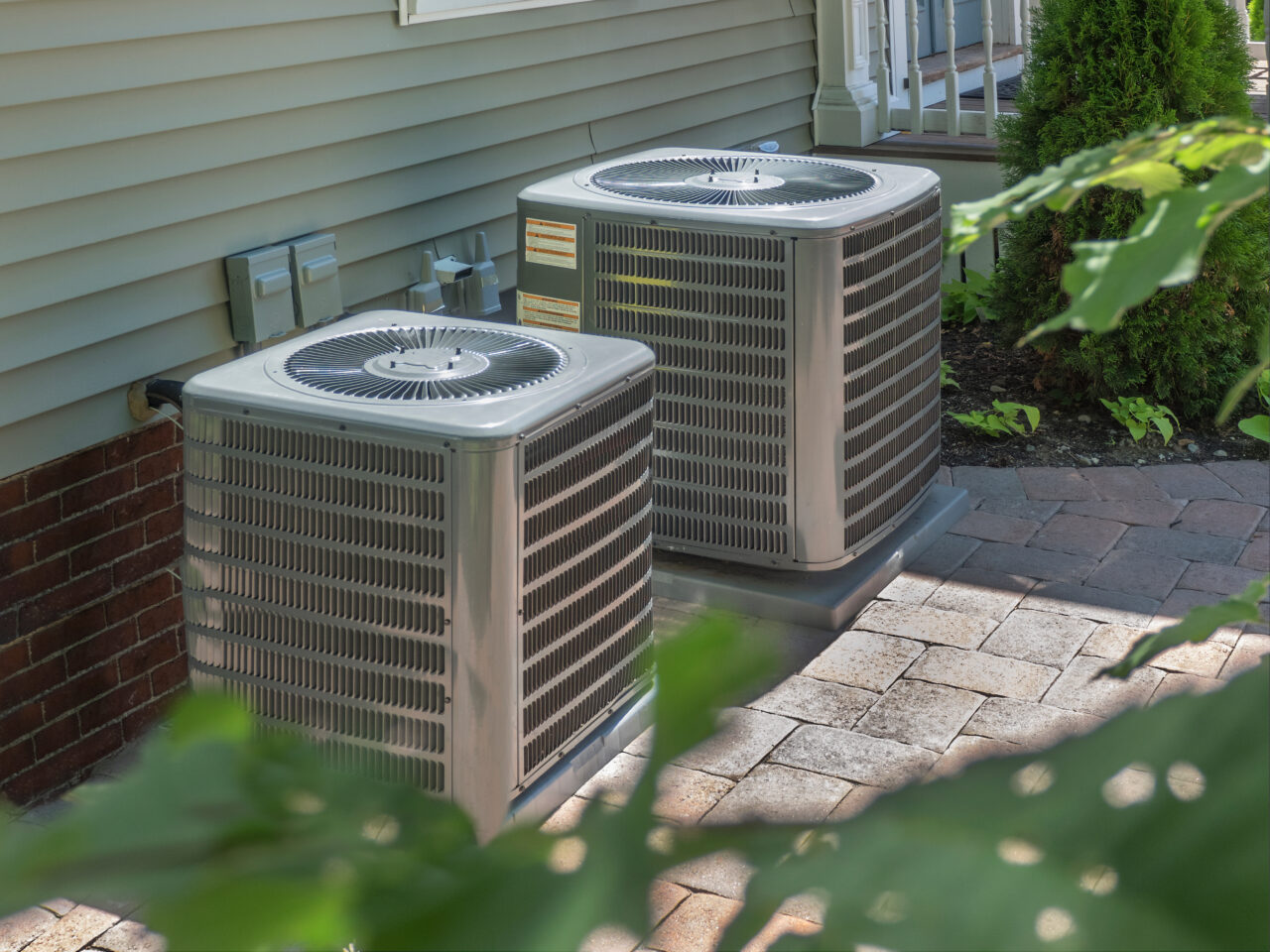Homeowners often face a difficult choice about deciding between repairing or replacing their HVAC equipment due to cost, home comfort, health, and safety precautions, as well as the impact the solution will have on the environment.
Things to consider
Before deciding whether to repair or replace your HVAC system, consider your home’s indoor air quality. For instance, as your heating and cooling system ages, leaks may emerge from your current ductwork or attic air may filter into your home.
In addition, an improper A C system can render your home too humid. For example, is your home overly damp during summer or if your skin feels clammy or your home seems damp during the summer, your home humidity is too high. If that’s the case, then a new AC may decrease the indoor moisture of the air. As well if your skin feels dry or there is a lot of static electricity is in the home in the winter, then your house climate is too dry.
Environmental Impact
According to the EPA and the DOE, approximately 50% of your home’s energy consumption originates from heating and cooling systems. Because of this, an efficient heating and cooling system reduces your environmental footprint. And it’s also the EPA’s objective to phase out R-22 refrigerant by 2020, thereby protecting the ozone layer. Therefore, upgrading your system not only helps the environment, it will help prevent you from paying the high costs of repairing an older system as the supplies of R-22 used in it to you are reduced every year due to the phase-out.
Benefits of Repairs
The cost maintenance is a major consideration during the repair vs. replace HVAC evaluation. Homeowners should consider repair costs as well as monthly energy bills. To understand the cost-effectiveness of an outdated HVAC system, you want to be sure to include repair costs and the total cost of ownership. There are multiple things to consider before deciding what is more economical for you.
Firstly if repairs are infrequent and the general condition of your HVAC system is good, repairing the system likely will work. HVAC units can run 10 to 15 years (with differences between heat pumps and furnaces), so the age of the system can make a difference.
Generally speaking, repair is more beneficial than replacing when dealing with a newer system. Most commonly, a new system would be around 5 years old or newer.
Benefits of Replacing
The age of your HVAC unit is one of the major considerations when deciding whether to repair or replace it. For example, new HVAC systems require higher SEER and AFUE ratings due to the considerable energy savings they offer.
Homeowners should keep in mind that a number of federal and local tax credits are available to them for the purchase of more efficient heating and cooling equipment. For example, take a look at SolvIt ‘s federal and state incentives, which could save as much as 30% on the cost of a new, efficient HVAC system. You can also save by saving money on energy costs.
In order to make the best decision for your heating and cooling system, it is best to contact your local HVAC professionals. The technicians and Andersen Heating and Cooling can provide you with all the options available to you as well as the proper advice at what will best help you.


